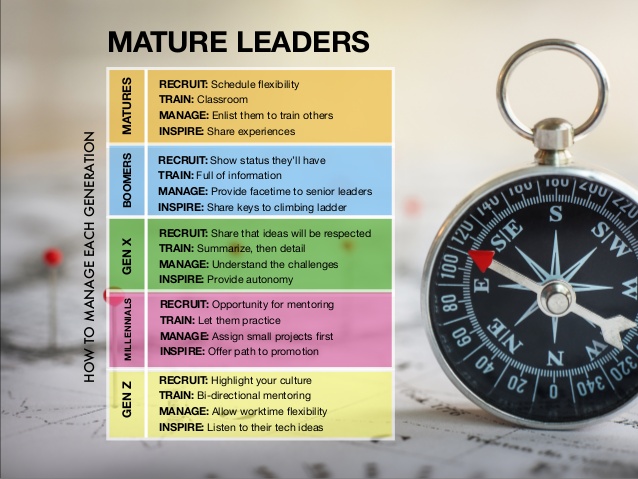Does “communication” seem like a nebulous topic for you? For some, it invokes imagery of motivational gurus & self-help seminars.
The sort of stuff that focuses on
- “Fixing” people who are lost or “broken”
- Teaching “hacks” that seem unique at the moment, but cannot be applied down the road or taught to your staff.
- Dopamine laden experiences that help you find a “new you” such as coal-walking, trust falls etc.
Don’t worry, that stuff makes me gage as well, and it’s giving leadership development a bad name!
HERE ARE THE FACTS
When it comes to making yourself indispensable in your current job, the research makes it clear that regardless of the field you are in, those who can convey ideas and information more quickly and accurately have a significant advantage over others within their profession.
Yet in the past, there has been a tremendous lack of emphasis on TRUE interpersonal skill development at workshops. You know, the stuff that helps you deal with the following topics:
- Verbal and Non-Verbal Communication Strategies: What Does the Science Say?
- The Role of Influence and Persuasion in Leadership
- Principles of Perception
- Dealing With Uncertainty in High-Stakes Situations
- Power Dynamics in Leadership: How to Assess & Adapt
- Strategies Self-Reflection in Effective Leadership
- Creativity in Leadership: Is There a Place?
- Dealing with Difficult Personalities
- Conflict Resolution in the New Age
- How Leaders Listen: Seeking to Understand
- Building Trust and Commitment: Application and Obstacles
These are the topics we need to be most focused on given the current climate, which is why they are what we focus on within our live workshops.
Are they sexy? No way!
Are they things we all deal with? Absolutely!
We know that words matter, we all just think we are already good enough at stringing them together already. We’ve been lead to believe that somehow, communication just comes naturally to us even though we are never taught more about it.
Make no mistake- in a world of increasing automation, communication is still key!
Those who can better connect with and relate to others will still rule the future, especially when they build these skills on a foundation of technical expertise related to their domain.
In other words, doubling down on interpersonal skills is a PROGRESSION not a REGRESSION of your skill-set.
It’s your interpersonal prowess that helps you learn how to lead people with varying agendas; something we humans all has but often hide.
Nobody is going to develop an app that tells you just the right thing to say for every single person in the world. This comes from you learning how to read the room and knowing who is in it. A skill that has become increasingly tricky now that we have more generations working together within the workplace than ever before.

Bottom line…
For those of you in my S&C family, consider this: in 2015 alone, $160 billion was spent in the United States and close to $356 billion globally. Yet our field invests little in this space outside of books, podcasts, etc. Sets and reps are only PART of your job.
Let’s evolve!
Topics related to interpersonal skills and power dynamics are rarely considered “taboo” or esoteric to the audiences I speak to in the corporate, tactical, and medical communities.
Let’s pull up a seat at the table and join the mature crowd.
STOP FOLLOWING THE HERD & YOU’LL GO FURTHER

Becoming a better communicator can help you save your job, as well as help you advance in the one you already have.
When an individual or organization experiences success, it is much simpler to be able to point to “new” tech or other things that seem more tangible. Those things are easier to “sell” to leadership. Yet, if a company lacks cohesion and buy-in none of it matters.
Having “space-age” quality tech or tools does little to help if we utilize an “ice-age” mentality towards how we interact with others. Things taken for granted are often the cause of the most significant downfalls.
History makes this clear.
So what will you choose?
To keep following the herd which is perpetually trying to find the latest and greatest “thing” that will help them achieve success?
Or the crowd that realizes that despite all the technological innovations we possess at our fingertips- nothing beats doing the simple things savagely well.
And what is simpler, yet more complex than the nuances of how we speak to one another during times of chaos and uncertainty?



